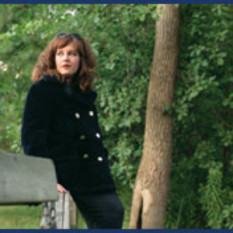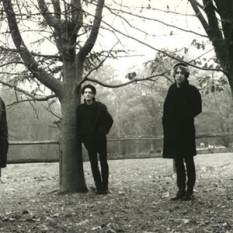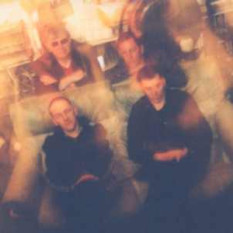Jangly; as in jangle pop -
Jangle pop is a genre of alternative rock from the mid-1980s that "marked a return to the chiming guitars and pop melodies of the '60s" bands such as The Byrds, with their electric twelve-string guitars and power pop song structures. Mid-1980s jangle pop was a non-mainstream, "pop-based format" with "some folk-rock overtones". Between 1984 and 1987, bands included "Southern-pop bands like R.E.M. and Let's Active" and a subgenre called "Paisley Underground" which incorporated psychedelic influences.
History
Origins
In 1964 The Beatles' use of the jangle sound in the songs "A Hard Day's Night" and "Words of Love" encouraged many artists to use the jangle sound or purchase a Rickenbacker twelve-string guitar. The Byrds began using similar guitars after seeing them played in the film A Hard Day's Night. Other groups such as The Who (in their early "Mod" years), The Beach Boys, The Hollies, and Paul Revere and the Raiders continued the use of twelve-string Rickenbackers. The Byrds, whose style was also referred to as folk rock, prominently featured Roger McGuinn's Rickenbacker electric twelve-string guitar in many of their recordings.
The etymological derivation of the term "jangle" is uncertain. The term may be derived from the lyric "In the jingle jangle morning, I'll come following you"[citation needed] from The Byrds' cover of Bob Dylan's song "Mr. Tambourine Man", or it may be an onomatopoeia that refers to the chiming sound of a 12-string Rickenbacker guitar's upper-register strings. Jangle pop is related to the power pop genre that developed in the 1970s, including bands like The Raspberries and Big Star, who blurred the line between the two styles.
1980s
"Jangle Pop" was "an American post-punk movement of the mid-'80s that marked a return to the chiming guitars and pop melodies of the '60s." The article claims that while the style was spearheaded by the band R.E.M., it was "essentially a pop-based format" with "some folk-rock overtones." All Music claims that it was non-mainstream music with "deliberately cryptic" lyrics and "raw and amateurish" DIY production. Between 1984 and 1987, bands included "Southern-pop bands like R.E.M. and Let's Active" and a subgenre called "Paisley Underground" which incorporated psychedelic influences. [1] An article in Blogcritics magazine claims that besides R.E.M., the "... only other jangle-pop band to enjoy large sales in America were the Bangles, from Los Angeles. While better known for their glossy hits like "Manic Monday", their first album and EP were organic, real jangle-pop efforts in a Byrds/Big Star vein, spiced with a dash of psychedelia on their debut."
Jangle pop influenced college rock during the early 1980s, as exemplified by early albums of R.E.M., Game Theory, The dB's, Let's Active, The Connells, Guadalcanal Diary and The Beat Farmers. In Austin, Texas the term "New Sincerity" was loosely used for a similar group of bands, led by The Reivers, Wild Seeds and True Believers.
The U.K. C86 scene and twee pop share qualities with jangle pop. There were vibrant scenes in the UK (The Stone Roses, The Brilliant Corners, Jazz Butcher, Monochrome Set, The Popguns, Loft, The Family Cat, Felt, James), Australia (The Go-Betweens, Hummingbirds, The Church) and New Zealand (The "Dunedin Sound" of bands such as The Clean, Mad Scene, Jean-Paul Sartre Experience, The Bats, The Chills, Sneaky Feelings). .



